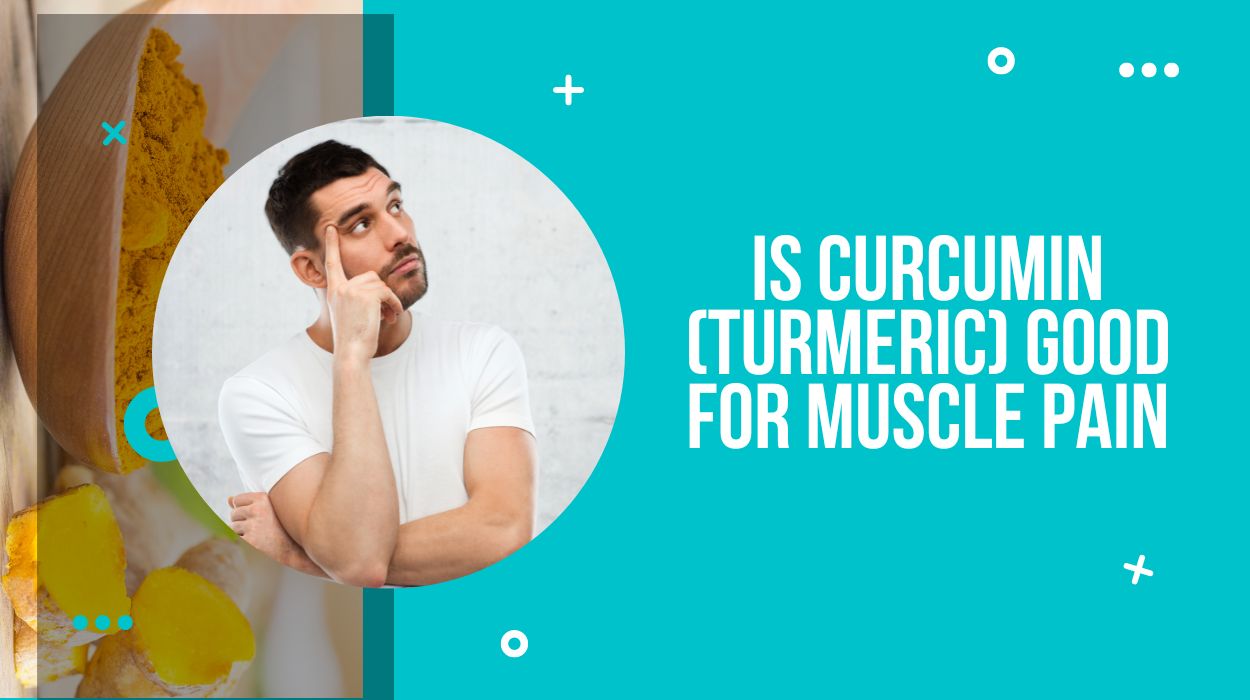Eggs are a popular food in many kitchens and have been eaten by humans since ancient times. Although most bird eggs are edible to humans, chicken eggs are by far the most popular. Followed by the eggs of ducks, geese and quails. A lot of stories about eating an egg are circulating. For example, eggs would increase the cholesterol value in your blood and increase the risk of cardiovascular disease. But what exactly is this?
Egg composition

An egg consists of about 60% protein. Ovalbumin is the main component of that. In addition, 30% of the egg is yolk and 10% is formed by the shell. The proteins in eggs have a high biological value. This means that the amino acid profile of an egg is very similar to that of our body protein. In other words; The proteins from an egg are very valuable to us.
If the food protein corresponds strongly to the body protein, it means that the product in this product has a high biological value. This biological value of proteins is determined by the distribution of amino acids (especially the indispensable ones) and the degree of digestibility of them by our bodies.
The biological value ranges from 0 to 100, with a value of 100 implying that the protein source has an amino acid profile that is very similar to that of our body protein. Eggs have a biological value of 100 and egg protein has a value of 88.
Healthy nutrients in egg
If we look at the nutrients, eggs are healthy. Eggs are rich in vitamin B12, vitamin D and minerals and phosphorus. An egg also contains quite a bit of vitamin A, vitamin B2, folic acid, iron and zinc.
- Vitamin B12 = needed for production red blood cells and nervous system functioning.
- Vitamin D = important for strong bones, teeth, muscles and resistance.
- Seleen = an antioxidant that protects cells from damage and stimulates the functioning of your thyroid gland.
- Phosphorus = a mineral that together with calcium ensures firmness of bones and teeth.
- Vitamin A = important for growth, healthy skin, hair and nails and eye function.
- Vitamin B2 = needed for the energy supply of the body.
- Folic acid = important for the blood, nerves and growth of the baby’s nervous system during pregnancy.
- Iron = important for the formation of hemoglobin and transport of oxygen through the body.
- Zinc = involved in metabolism, protein build-up and proper functioning of the immune system.
Nutritional values chicken egg
In the table below you can see the nutritional values of 1 egg (60 grams). Of course, the weight of an egg is variable by class. Small (S) stands for 43 – 53 grams, medium (M) for 53 – 63 grams, large (L) for 63 – 73 grams and extra large (XL) finally for more than 73 grams.
| Energy | 95 kcal |
| Proteins | 7.7 grams |
| Carbohydrates | 0.9 grams |
| Sugars | 0.1 grams |
| Fats | 6.7 grams |
| Saturated fat | 2.1 grams |
| Unsaturated fat | 3,9 gram |
Eggs and cholesterol

Often eggs are considered unhealthy because of cholesterol levels. Eggs are high in cholesterol and this can lead to an increase in cholesterol levels in the blood. High blood cholesterol increases the risk of cardiovascular disease. For this time, it is recommended to limit the eating of saturated fats.
In principle, it would not hurt to eat an egg a few times a week. As long as you don’t get more than 300 mg of cholesterol a day. The egg protein contains no cholesterol, the yolk contains about 186 mg. As long as you don’t eat many products with saturated fat, you’re in the right place. Fat meats, cheeses, butter and sweet snacks should therefore be left out.
But what exactly do scientific studies say about the correlation between eating eggs and our cholesterol levels? Some studies have shown a small link between egg eating and cardiovascular disease. However, there are other factors that may play a role. For example, many people eat eggs in combination with other high-fat products. Think of bacon, sausage, ham or fatty cheese. These foods are likely to have a more negative effect on LDL cholesterol than just the eggs.
This idea is confirmed by several studies in which no direct link was found between eating eggs and cardiovascular diseases.
Cholesterol production in the body
Another clever mechanism in our body keeps cholesterol levels in balance, even when you eat a little more eggs. Normally, your liver produces cholesterol. Cholesterol plays an important role in your endocrine system. Do you get a large amount through your food? Then your liver will temporarily reduce cholesterol products so as not to increase the values too much.
Salmonella bacteria
Another point that can make eggs unhealthy is an infection with the salmonella bacteria. Fortunately, this is only rare. An egg can carry salmonella both inside and outside the shell. Inside, it’s often in the egg yolk. Sometimes it sits on the scale because the eggs leave the body of the chicken out of the same hole as the stool.
The risk of salmonella contamination is higher in egg gels that are not heated. Egg mangels such as tiramisu and bavarois are more susceptible to salmonella. Not everyone gets sick with salmonella. If this happens, the main symptoms are abdominal cramps, nausea, diarrhea and vomiting. Headaches, fevers or muscle pain are also commonly reported.
How many eggs a day do you eat?
The Nutrition Centre recommends eating 2 to 3 eggs per week. For vegetarians this is slightly higher, at 3 to 4 eggs, because they lack protein, vitamin B12 and iron from meat. But is eating more eggs per week or even per day than bad for you?
There have been a number of studies that have investigated the effect of eating eggs daily. One group received 1 to 3 whole eggs (including yolk) each day, the other group ate something else, such as egg substitutes.
Here the following showed:
- In most people, good HDL cholesterol goes up
- Total cholesterol value and bad LDL cholesterol remains the same or goes up slightly in some
- Triglycerides in the blood go down by omega-3 in eggs.
- Values of antioxidants in the blood go up significantly.
Most (healthy) people can therefore eat up to 3 eggs per day without worries. Usually only the good HDL cholesterol increases and therefore a better cholesterol value is created in the body.
How can you best prepare eggs?
In order to prevent the risk of salmonella contamination, good hygiene in the kitchen is important. Wash your hands regularly and the utensils. When using eggs in recipes, it is therefore important to heat them properly, so that you kill the salmonella bacteria. Also, do not use the same kitchen utensils for eggs as for the rest of your ingredients.
When cooking or baking eggs, make sure that it is well heated. Many people like a soft-boiled egg, but the short heating of the yolk can increase the risk of salmonella. Did you cook your eggs properly? Then you can use an egg cutter to cut slices to invest your bread or crackers. So your eggs are healthy and tasty to eat!
Vegan alternatives to egg
Eggs therefore contain several healthy nutrients. But they are also often used for their binding function during cooking and baking. Do you follow a vegan lifestyle and don’t want to use egg in your recipes? You can then opt for tofu, agaragar, baking powder and soy products such as soy cream, soy milk or soy yoghurt.
So are eggs healthy for you?
Yes eggs are healthy and fit perfectly into a dietary schedule, both for losing weight and building muscle mass. An egg provides proteins with a high biological value and is also rich in important vitamins and minerals, such as vitamins B12, A, B2 and iron, zinc and phosphorus. Although the yolk contains quite a bit of cholesterol, there is no direct evidence for a greater risk of cardiovascular disease. Several studies show that HDL cholesterol actually goes up while LDL cholesterol remains the same in most cases.
Do you want to eat an egg every day? Eating 1 to 3 eggs a day does not appear to have a harmful effect on your cholesterol levels (in healthy individuals). However, make sure you take less other high-fat products, such as fatty meats, cheese, butter and ready meals. This way, you don’t get too much cholesterol. In addition, you also keep your calorie intake under control. Fat contains a lot of energy (1 gram of fat provides 9 kcal) and with a high fat intake you are more likely to go over calorie requirements.
How many eggs do you eat a day?


